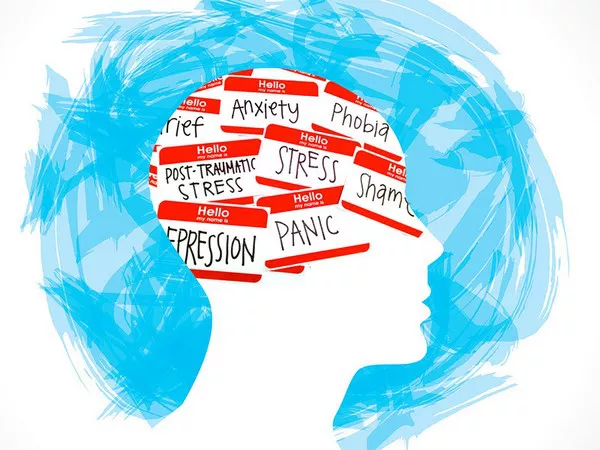Postpartum depression (PPD) is a complex and often overwhelming condition that affects many new mothers. While the experience of PPD varies from person to person, one common question that arises is: How long does postpartum depression last? In this article, we will explore the duration of postpartum depression, factors that influence its timeline, and the importance of seeking help for those who may be struggling.
The Timeline of Postpartum Depression
1. Varying Duration
There is no one-size-fits-all answer to how long postpartum depression lasts. Some women may experience symptoms for a few weeks, while others may grapple with PPD for several months or even longer.
2. Different Phases
Postpartum depression can occur in different phases. Some women may feel a sense of relief from symptoms within the first few weeks, while others might experience a delayed onset, with symptoms emerging several months after childbirth.
Factors Influencing Duration
1. Severity of Symptoms
The severity of postpartum depression symptoms can impact how long they last. Mild cases may resolve more quickly, while more severe cases might require longer periods of treatment and support.
2. Timely Intervention
Seeking timely intervention and treatment can significantly influence the duration of postpartum depression. Women who reach out for help earlier may experience shorter episodes of depression.
See Also: Postpartum Depression: Causes, Symptoms, Impact & Treatment
Short-Term vs. Long-Term PPD
1. Baby Blues vs. PPD
It’s essential to distinguish between the “baby blues” and postpartum depression. Baby blues typically involve temporary mood swings, while postpartum depression involves more intense and persistent symptoms.
2. Chronic vs. Temporary PPD
For some women, postpartum depression can evolve into a more chronic condition known as postpartum major depression. This form of PPD requires ongoing treatment and support.
Seeking Professional Help
1. Importance of Support
If you or someone you know is experiencing postpartum depression, it’s crucial to seek professional help. Mental health professionals, such as therapists and psychiatrists, can provide appropriate guidance and treatment options.
2. Therapy and Medication
Therapy, such as cognitive-behavioral therapy (CBT), and medication are common treatments for postpartum depression. A healthcare provider can help determine the best approach based on individual needs.
Role of Self-Care
1. Self-Care Practices
Engaging in self-care practices can complement professional treatment for postpartum depression. Exercise, proper nutrition, adequate sleep, and relaxation techniques can all contribute to emotional well-being.
2. Support Systems
Building a strong support system is vital for women experiencing postpartum depression. Friends, family, and support groups can provide understanding, empathy, and encouragement.
Impact on Mother and Family
1. Effects on Mother-Child Relationship
Untreated postpartum depression can affect the mother-child relationship. Seeking treatment can improve bonding, caregiving abilities, and overall family dynamics.
2. Support for Partners
Postpartum depression also impacts partners and family members. Offering support, understanding, and encouragement to seek professional help is essential for the well-being of both the mother and the family.
The Journey to Recovery
1. Gradual Improvement
For many women, the journey to recovery from postpartum depression is gradual. With the right treatment and support, symptoms often begin to improve over time.
2. Patience and Persistence
Patience and persistence are key during the recovery process. It’s important to recognize that progress may be gradual and that seeking help is a sign of strength.
See Also: 10 Causes of Mental Illness
Conclusion
In conclusion, the duration of postpartum depression varies widely among women, and there is no fixed timeline for its resolution. Factors such as symptom severity, timely intervention, and individual circumstances influence how long postpartum depression lasts. Seeking professional help, engaging in self-care practices, and building a strong support system are all essential components of the journey toward recovery. Remember that seeking treatment for postpartum depression is not only a step toward healing but also a testament to your strength and resilience as you navigate the challenges of motherhood. If you or someone you know is struggling with postpartum depression, don’t hesitate to reach out for the support and care you deserve.


